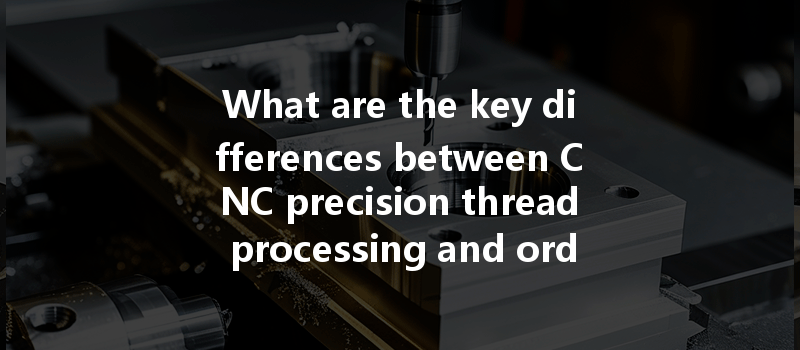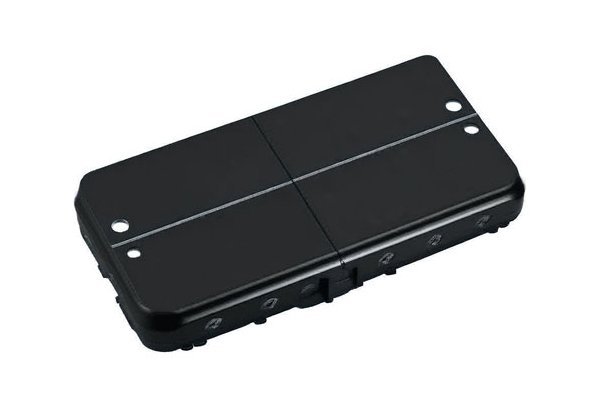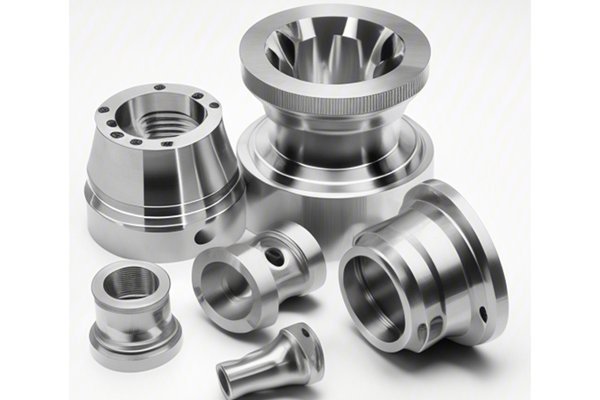: A Fascinating Fact
Did you know that precision threading processes can improve product durability by up to 40%? In industries where reliability is paramount, understanding the differences between CNC precision thread processing and ordinary thread processing can make all the difference in product quality and longevity. Today, we delve deep into the intricacies of these two methodologies to help you make informed decisions for your machining projects.
What is CNC Thread Processing?
CNC (Computer Numerical Control) thread processing is a machining approach that employs computerized controls to create precise thread features on various materials. This method is prevalent in industries requiring tight tolerances and high-quality finishes, such as aerospace, automotive, and medical device manufacturing. CNC technology allows for the automation of threading tasks, resulting in high efficiency and accuracy.
Ordinary thread processing, on the other hand, often refers to traditional machining techniques, which may include manual lathes and conventional taps. While these processes can effectively create threads, they often fall short of the precision and repeatability required for critical applications.
Overview of Thread Processing Techniques
Key Differences

Applications of CNC Precision Thread Processing
CNC precision thread processing finds its niche in various critical industries:
Challenges in CNC Precision Thread Processing
Though there are significant advantages to CNC processing, it is not without challenges:
In summary, understanding the differences between CNC precision thread processing and ordinary thread processing is crucial for industries where precision and quality cannot be compromised. The advanced capabilities of CNC technology offer unmatched accuracy, repeatability, and speed, making it the preferred choice for many applications.
As we navigate the complexities of modern manufacturing, the decision between ordinary and CNC processing may not just influence productivity but could also impact quality assurance and compliance with industry standards. In evaluating your project’s needs, consider the long-term benefits of investing in precision machining technologies that raise the bar for product excellence.
This blog serves as a reminder that in a world where precision can define a brand’s reputation, the choice of threading methods is more than just a technical decision—it’s a crucial component of strategic planning in manufacturing. Remember the significant increase in durability and quality that can be achieved through precision methods and consider the long-term advantages they offer for your business. Whether you are a seasoned engineer or a novice in machining, comprehending these differences equips you to make better-informed decisions that ultimately enhance product performance and reliability.






